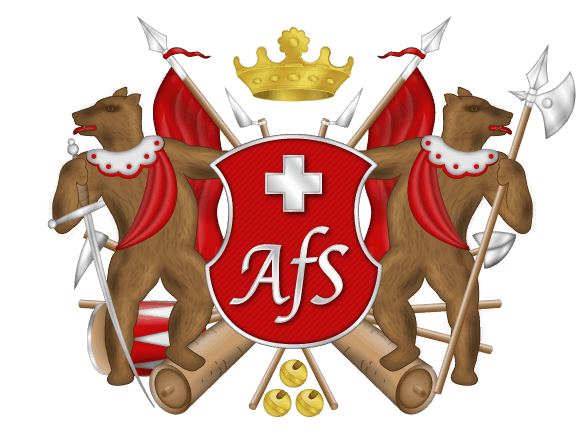The Swiss Confederation has existed in its contemporary form only since 1848. Before, the Confederation was a confederacy of several states being connected among each other by alliances since their factual independence from the Holy Roman Empire, that is to say since 1499.
These states had the right of ennoblement if they wanted. Supremacy was firmly controlled by the respective sovereign council. Therefore the origins of the Swiss nobility are different.
In the Middle Ages the feudal gentry, whose social, economic and political structures correspond with the general situation in the other areas of the Empire, can be found in the territory of present-day Switzerland.
Since the fifteenth century towns like Bern, Lucerne, Fribourg and Solothurn had, since their rise, constituted sovereign states of their own whose supremacy was under control of a sovereign council. These councils took position like sovereigns. Therefore the individual population related to their council in the same legal situation as the subjects to their monarchs. However, the sovereign councils of these republics differed from monarchies because they were collectives. These collectives renewed through co-optation and thereby obeyed the strictest aristocratic principles. A local nobility with civil roots arose who blended with the gentry of feudalism.
In the territories of the prince-bishops of Basel, Chur, Constance and Sion as well as the princely abbeys like, e.g., St Gall a serving gentry can be found, who came to stay till the end of the Ancien Régime.
In the High Middle Ages Neuchâtel belonged to the Kingdom of Burgundy. In 1032 the Salian Emperor Conrad II inherited Neuchâtel. Hence, being independent from the Holy Roman Empire, a sovereign principality emerged, which then was under the reign of the House of d’Orléans-Longueville till 1707 and afterwards under the House of Hohenzollern until 1848. Alongside noble families from feudalism there are therefore families in Neuchâtel ennobled whose ancestors were ennobled by the King of France or by the Prussian King.
Since the end of the Ancien Régime there have been no new noble families anymore. According to Article 4 of the Swiss Federal Constitution there are no subordinate relationships, no privileges of place, birth, families or persons any longer. Nowadays, there is no legal basis for nobility. Principally, the Swiss don’t bear a title, neither in marital status nor in official, administrative or professional respect.
In births, marriages and deaths the nobiliary particle mostly is an integral part of the name or even misses.
